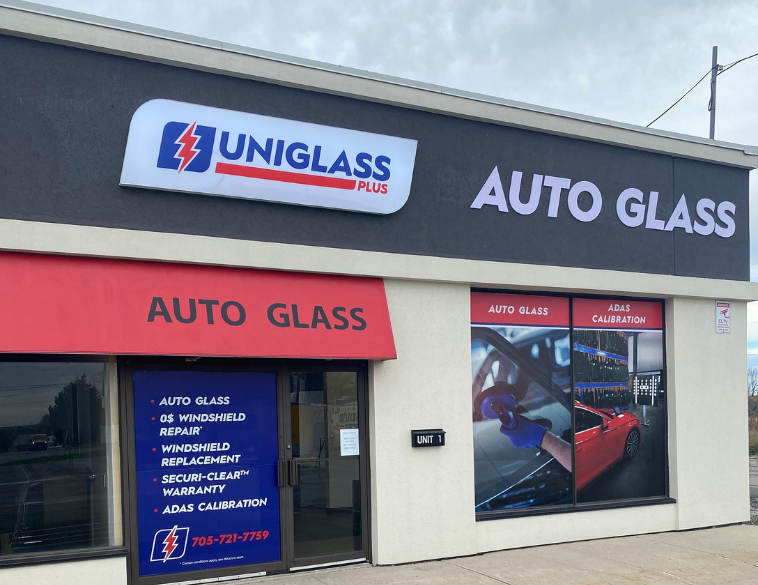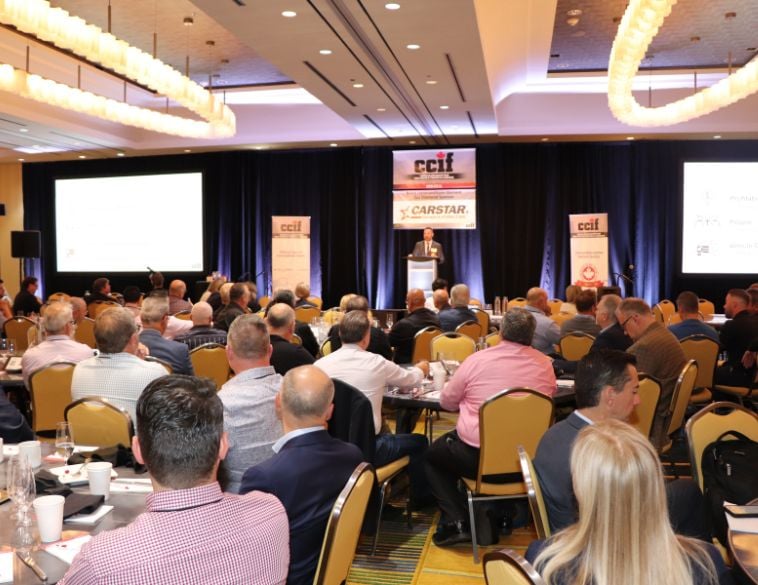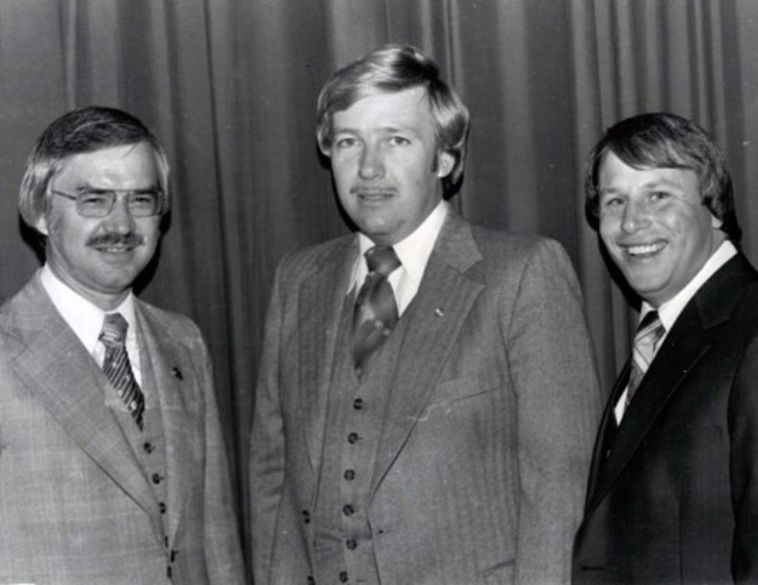Uniglass Plus webinar discussed opportunities in the auto glass space and how to take advantage of changes happening in collision repair.
Autosphere, in conjunction with Uniglass Plus, hosted a webinar entitled: How to Stay Ahead of Industry Advancements in Your Shop.
Moderated by Autosphere’s Editor-in-Chief Huw Evans, and featuring Mike Piper, Vice President of Development and James Whitley, Senior Director of Insurance for Uniban Canada, the webinar covered the changing automotive repair landscape; changing customer expectations and ways for automotive business to find new opportunities by diversifying their operations and adding to their existing revenue streams.
Widespread ADAS adoption
One of the biggest changes we’ve seen in automotive technology over the last decade is the widespread adoption of Advanced Driver Assist Systems (ADAS). Mike Piper explained that if as a business, you’re not aware of the implications of ADAS or believe it is just for brand new vehicles, then “you could be missing out on a really great opportunity to get ahead of the curve.”
Even a base model, everyday vehicles like a Honda Civic or Toyota Corolla now comes with ADAS features and by 2023, these technologies are expected to be standard on every vehicle sold in Canada and the U.S. “Because we are on the cusp of those changes now, today is a good time to start thinking about those investments,” said Piper.
There’s also another big factor to consider—the customer. In fact, customer perceptions around collision repairs or related activities, whether they are an end-user (motorist), fleet business, or insurance partner for the shop, have a major impact on branding and reputation.
In fact, according to Sean Carey from SCG Management Consultants, 63% of customers that received an inadequate repair during their ownership of a particular vehicle either sold or traded that car within a year. Additionally, 65% of those people also switched to a different automotive brand.
Brand protection
And while the repair shop is the one on the front line, such experiences negatively impact fleets, insurers, and OEMs, since the customer associates them with the repair process as much if not more than the actual shop performing the work.
Furthermore, when you add telematics into the equation, including the adoption of this technology for First Notice of Loss (FNOL), the need to protect your brand has never been more important for each stakeholder within the collision repair space.
On the insurance side, James Whitley noted that carriers want to be able to leverage the technology and investments they have made, but at the same time, they also want to provide a seamless claims experience, which includes the ability for the customer to digitally navigate the process via a smartphone or tablet and be pointed in the direction of the insurers recommended repair network.
For repairers, training is also a key component in delivering a seamless and superior experience for their customers. Yet in order to implement it effectively, James Whitley stated that a pragmatic approach is needed. “It takes longer than you think it will,” he said, plus it must be carefully planned in order to minimize any impacts on productivity. “Making calendar invites well in advance and planning on an annual basis for training is critical.”
Additionally, fostering a culture where team members can be incentivized to look to perform new tasks or functions can be a huge benefit and help minimize any downtime or disruptions to the absence of co-workers. Furthermore, providing motivated and driven employees to become trainers and mentors can also create a strong team spirit within the organization, boosting productivity, reducing staff turnover, and ultimately resulting in higher profits.
Efficiency considerations
With KPIs such an important part of modern collision repairs, and shops, insurers and other stakeholders always looking at ways to improve efficiency, taking control of the entire process is becoming increasingly important, including mechanical repairs and glass replacement.
Where the latter is concerned, having a glass repair business in-house can save a considerable amount of time and complexity, as well as provide a collision repair shop with a new revenue stream and potential client list.
Even for mechanical shops and dealerships, a glass franchise also diversifies their business operations, exposing them to a new base of clients and providing them with an opportunity for the business to serve them, particularly if they already like and trust the organization and its staff.
Piper and Whitley also discussed opportunities in the glass space, particularly, that it is a fast-growing business and with a partner like Uniglass Plus, collision shops, mechanical repair facilities, and even dealerships can lean on the expertise of a brand that’s part of a large automotive aftermarket network (Driven Brands). For those considering taking on a Uniglass Plus operation, the ability to provide comprehensive training and support, as well as economies of scale related to equipment, marketing, and other business investments, makes the decision to diversify and adopt an auto glass operation essentially a win-win.



